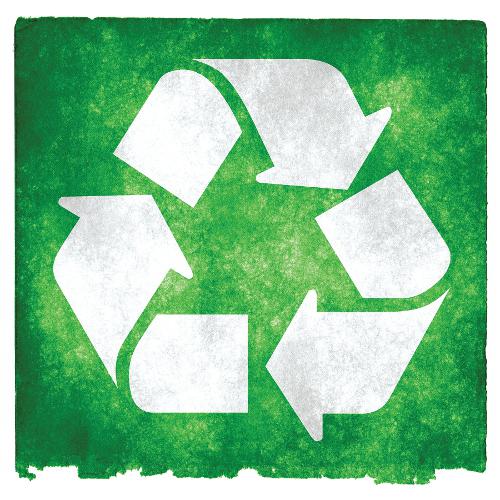Phuket Environment: Summarizing sustainability for future

PHUKET: Recently, the Prince of Songkla University, Phuket Campus, held an “Open Week” conference with a wide range of activities and lectures. One of the highlights was a talk given by the eminent Korean environmentalist Professor Dai-Yeun Jeong, entitled “Beyond Sustainable Development: Towards Ecological Modernization”.
Supported by many visual aids projected onto a large screen, Professor Jeong gave a detailed and largely historical overview of environmental changes that have impacted our planet in the last two centuries. Starting with the onset of industrialization, he outlined the changes wrought by man in terms of pollution and damage to our fragile ecosystems. Improved standards of living were achieved, but at a huge cost: the sacrifice of nature and her self-regulating systems. The result? Local problems such as water and soil pollution: global issues such as climate change, ozone depletion, acid rain and eutrification.
As he constantly emphasized, “nature is our house” and needs solicitous management. In a startling statistic, Professor Jeong argued that the earth already needs to be three times as large in order to have the carrying capacity to cope with the escalating problems of waste, pollution and their concomitant effects. Korea, for example, a densely populated peninsula of over 50 million people, needs to be 9.5 times bigger. Put another way, the earth has two billion people it does not need.
The latter part of the two hour lecture was devoted to our growing awareness of Gaia’s plight and the twentieth century development of the notion of sustainable development. This concept argues that in order to sustain life on a planet with finite resources, and to preserve its natural heritage for future generations, human needs must be met without undermining the sustainability and the carrying capacity of organic systems. Such sustainable development should ideally involve the economic and social as well as environmental domains.
This initiative gained momentum in the 1970s. As a result, there are now many international organizations involved – including the United Nations. The “Rio Environmental Conference” in 1992 proposed a global action plan which would involve governments and big business as well as individuals. Both a top-down and bottom-up approach was required to address the leading issues of population expansion, crop production, waste disposal, natural disasters and so on. Recent initiatives have included “Fair Trade”, “Bird Friendly” and “The Rainforest Alliance”.
Counter arguments maintain that the very notion of sustainability is hopelessly impractical; that in a technologically driven world, the sacrifice of nature is inevitable, that population increases, energy requirements, the production of food and so on will make increasing demands on our planet. We just have to cope – somehow.
That is a doomsday scenario that environmentalists do not accept. Their view is that we must use both innovations in technology and enlightened economic and social policies to help us overcome these concerns. To extend Professor Jeong’s metaphor, our house is already on fire: we need to put it out – and quickly – before it is destroyed.
— Patrick Campbell
Latest Thailand News
Follow The Thaiger on Google News:
























